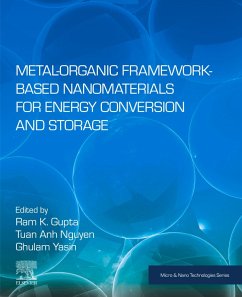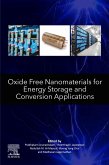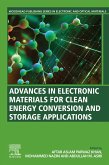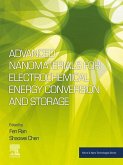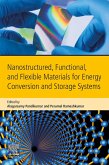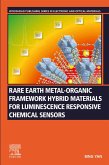This is an important reference source for materials scientists, engineers and energy scientists looking to further their understanding on how metal organic framework-based nanomaterials are being used to create more efficient energy conversion and storage systems.
- Describes major metal organic framework-based nanomaterials applications for fuel cell, battery, supercapacitor and photovoltaic applications
- Provides information on the various nanomaterial types used for creating the most efficient energy conversion and storage systems
- Assesses the major challenges of using nanotechnology to manufacture energy conversion and storage systems on an industrial scale
Dieser Download kann aus rechtlichen Gründen nur mit Rechnungsadresse in A, B, BG, CY, CZ, D, DK, EW, E, FIN, F, GR, HR, H, IRL, I, LT, L, LR, M, NL, PL, P, R, S, SLO, SK ausgeliefert werden.

